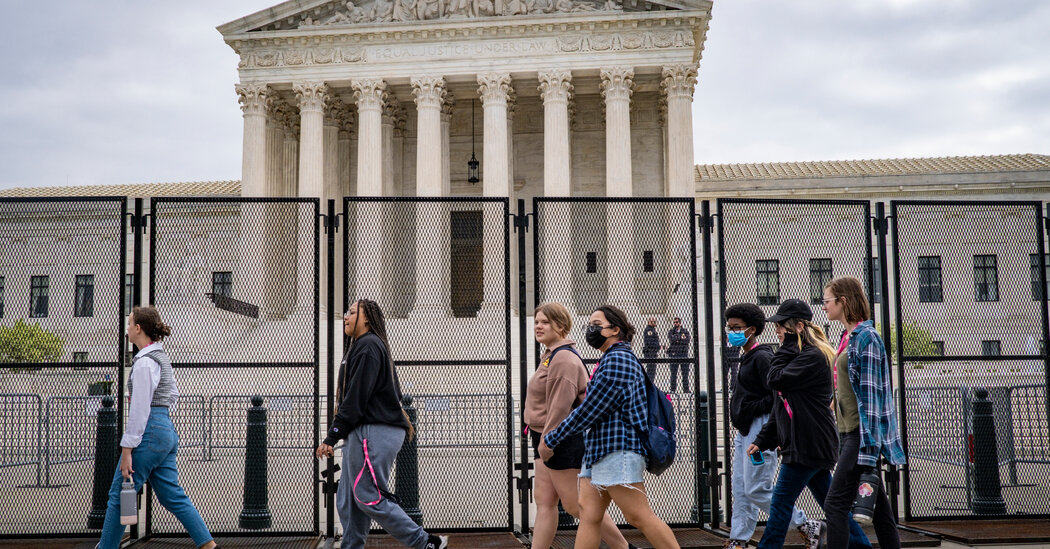“The court’s standards of confidentiality are not gentle or subtle,” said Allison Orr Larsen, a professor at William and Mary Law School who worked as a clerk for Justice David H. Souter. “They are emphasized strongly and repeatedly.”
As blunt and scary as those warnings are, they are informal. So are the rules that apply to judges themselves, who have resisted being bound by written procedures on most cases affecting their work.
“They don’t even have written ethics rules for the judges,” said Paul M. Smith, a law professor at Georgetown University who worked as a clerk for Justice Lewis F. Powell Jr. The leak, he said, and the focus on the lack of those standards following recent revelations about the political activities of Virginia Thomas, the wife of Judge Clarence Thomas, could put more pressure on the court to accept new restrictions on its operation.
Other legal scholars, including some from the conservative Heritage Foundation, have pointed to a number of laws that could be used to prosecute the leaker and spur the kind of extensive investigation that could ensnare the press, court personnel and even individual judges. A law that has been used against leakers, according to John Malcolm, a legal expert with the Heritage Foundation, broadly covers theft, embezzlement and the conversion of “things of value” belonging to the government.
None are slam dunks. But First Amendment experts said they wouldn’t be surprised if any of these laws were tested in this case.
RonNell Andersen Jones, a professor at the SJ Quinney College of Law at the University of Utah who worked as a clerk for Justice Sandra Day O’Connor, said that when she and a group of former clerks text each other from the Politico article heard, their immediate response was that it must be a hoax. A leak of this magnitude, they all understood, is strictly prohibited.
“What it means to be strictly banned is about to be tested,” Ms Andersen Jones added.

